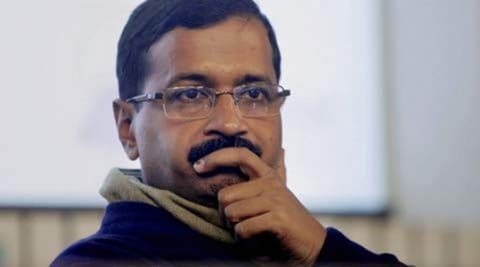Opinion Spirit of the law
On power-sharing in Delhi, HC reads out the law. Apex court must interpret it to give more room to the elected government

Ever since Arvind Kejriwal swept to power in Delhi with an unprecedented majority in 2015, he has been in near constant conflict with Lieutenant Governor Najeeb Jung, whom it accuses of acting at the behest of a hostile Centre. The histrionics that have accompanied the squabble have often obfuscated the core issue. Power-sharing in Delhi, along with Puducherry, another Union Territory with a legislature, has become an increasingly contested and complicated affair, riven by the contending demands and claims of multiple authorities. Now, the Delhi High Court has affirmed the role of the LG — an appointee of the Centre — as the primary executive authority for the national capital. The judgement cites the letter of the law and the constitution. However, there is a larger democratic and federal issue at stake here: Should the writ of an appointed functionary of the Central government supersede the authority of a democratically elected legislature and political executive?
The case of Delhi is, of course, more complicated legally and politically than other states, because it is the national capital. Articles 239 and 239AA of the Constitution give Delhi the status of a Union Territory. Article 239AA does make certain exceptions for Delhi as the national capital, but it does not confer statehood. The demand for statehood has been made by governments of both the Congress and the BJP in Delhi but never came to fruition. Ever since the AAP came to power, the party has adopted a vigorously confrontational attitude with the Centre. There have been dharnas outside North Block demanding the suspension of policemen, tussles over the appointments of civil servants and most recently, the bizarre accusation by Chief Minister Kejriwal that the prime minister could even have him killed. On the other hand, however, as many as 12 AAP MLAs have had cases filed against them by Delhi Police, often on seemingly flimsy grounds. Delhi receives a generous share of Central funds, but its elected government finds itself hobbled when it comes to living up to its promises to the voters it — not the LG — is accountable to.
The high court’s judgement is unambiguous: Elected government or not, Delhi is a Union Territory. The Delhi Anti-Corruption Branch cannot investigate Central government employees, the government can’t set up commissions of inquiry without the LG’s approval, and the LG exercises control over Central government services. The matter will now be heard by the Supreme Court, which has the power to interpret and expand the scope of constitutional law. The apex court must do so — and give more power to Delhi’s elected government. At a time when the passage of the GST has become the occasion to invoke the spirit of cooperative federalism, the Centre, too, must use this opportunity to reach out and build bridges with Delhi.





